In today’s fast-moving industrial and logistics landscape, material handling equipment plays a central role in ensuring efficiency, safety, and productivity. While many technologies serve multiple purposes in manufacturing, logistics, or construction, there are some designed specifically for material handling only. Understanding these technologies is crucial when planning warehouse optimization, construction workflows, or logistics operations.
This article explores the technologies used exclusively for material handling, their applications, and how businesses can choose the right system.
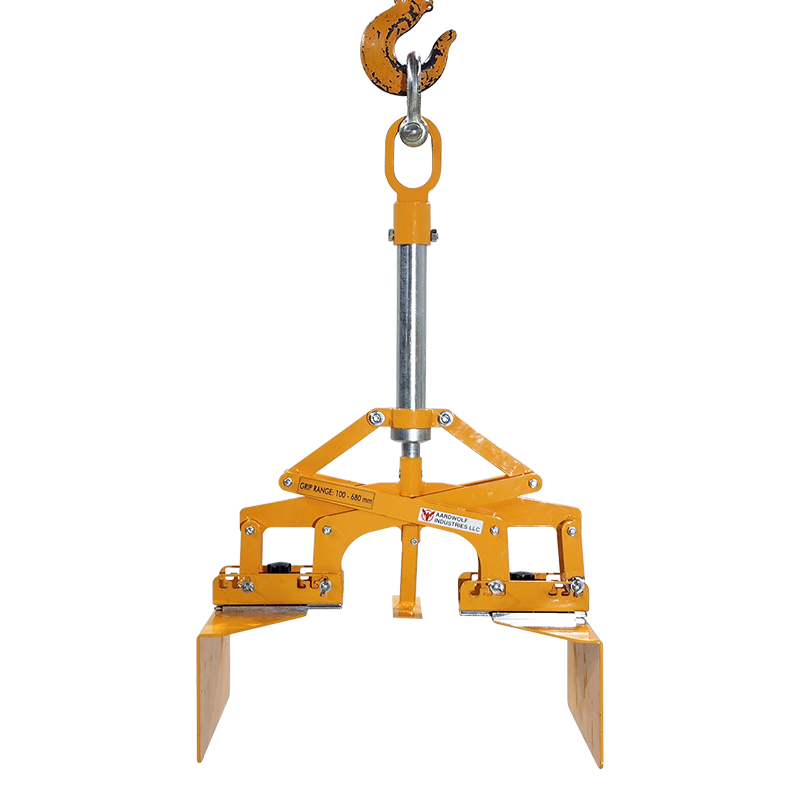
Table of Contents
ToggleWhat Is Material Handling?
Material handling refers to the movement, storage, control, and protection of goods throughout manufacturing, warehousing, consumption, and disposal cycles. It involves everything from manual material handling tools like trolleys and clamps, to advanced automated material handling systems such as conveyors, cranes, and robotic arms.
👉 Learn more at What Is Material Handling? Types, Equipment, Functions, Safety, and Warehouse Optimization.
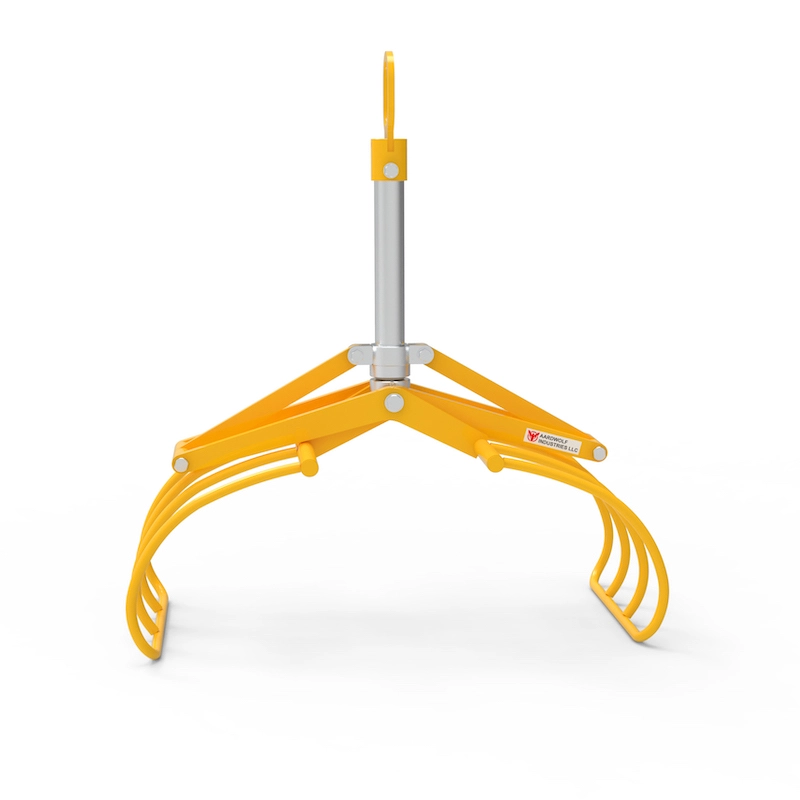
Technologies Used Only for Material Handling
1. Conveyors
- Designed solely for transporting goods from one point to another.
- Used in warehouses, logistics, and food processing industries.
- Unlike multi-purpose machines, conveyors are dedicated systems for moving items efficiently.
2. Automated Storage and Retrieval Systems (AS/RS)
- These automated material handling systems use shuttles and cranes to place and retrieve loads.
- They are not used for production tasks—only storing and handling goods.
3. Forklifts
- While versatile, forklifts are a form of warehouse material handling equipment that exists exclusively to lift, transport, and stack goods.
- Options include counterbalance forklifts, reach trucks, and order pickers.
4. Cranes and Hoists
- Purpose-built for lifting heavy loads.
- From overhead gantry cranes to jib cranes, these machines exist only as lifting equipment for material handling tasks.
- See examples like Aardwolf Jib Cranes.
5. Vacuum and Slab Lifters
- Specialized lifting devices used only in stone, glass, and steel industries.
- For instance, the Vacuum Lifter AVLP4-1000 and Aardwolf Slab Lifters are designed solely for material lifting and handling.
Why These Technologies Are Exclusive to Material Handling
Unlike multipurpose machinery, material handling technologies are engineered for:
- Transport: Moving goods quickly (e.g., conveyors).
- Storage: Safe placement of goods (AS/RS).
- Lifting: Ergonomic and safe handling of heavy loads (cranes, hoists, forklifts).
They are not used in manufacturing or processing—only in handling and logistics.
Manual vs Automated Material Handling
- Manual Tools: Clamps, trolleys, and carts.
- Automated Systems: Robotic arms, conveyors, AS/RS.
- Businesses must evaluate material handling system design considerations before choosing.
For details, check How Does Material Handling Impact the Human Labor Force?.
Safety and Efficiency Benefits
- Reduced Labor Injuries – Dedicated systems reduce strain from repetitive lifting.
- Optimized Space – Automated handling maximizes warehouse efficiency.
- Standard Compliance – Meets material handling safety standards.
- Higher Throughput – Equipment like AS/RS speeds up logistics operations.
Safety tips also include correct PPE usage and avoiding hazards like loose clothing.
Example: Equipment That Lifts Operators With Loads
Some systems, such as order pickers, are designed to lift both the load and the operator for efficient picking at height. Learn more in Which of the Following Material Handling Equipment Lifts the Operator With the Load?.
Conclusion
So, which of the following technologies is used only for material handling? Examples include conveyors, AS/RS systems, forklifts, cranes, hoists, vacuum lifters, and slab lifters. Unlike multipurpose tools, these systems exist exclusively to move, lift, and store materials safely and efficiently.
By investing in the right industrial material handling solutions, companies can improve safety, productivity, and efficiency while reducing costs.

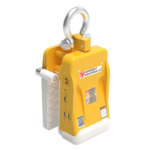
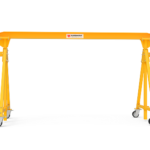
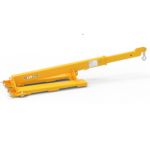
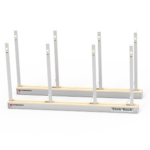
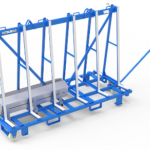

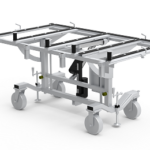
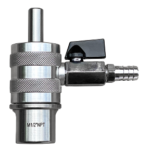
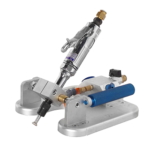


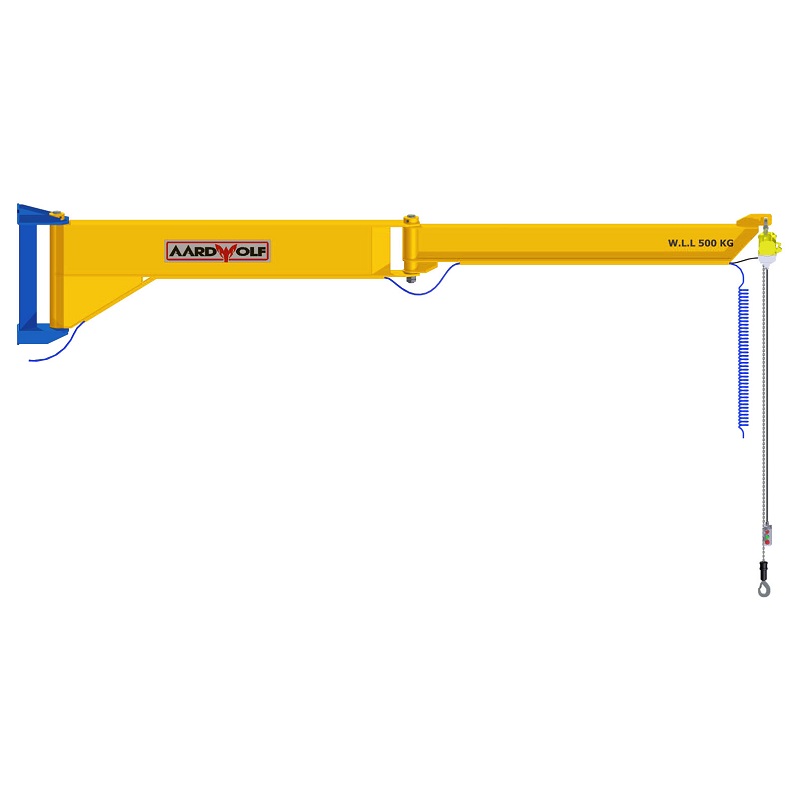
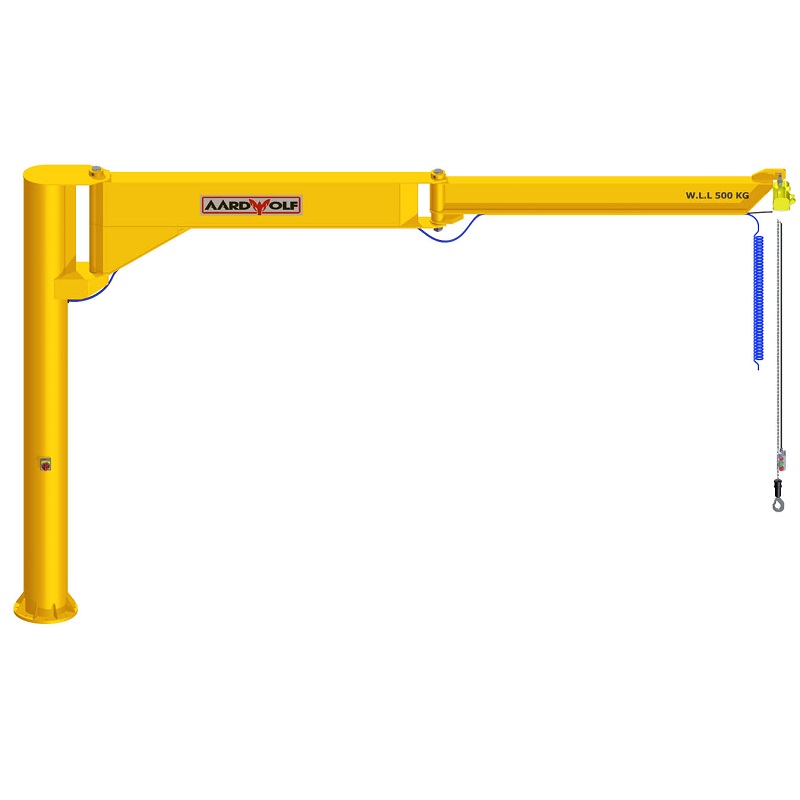
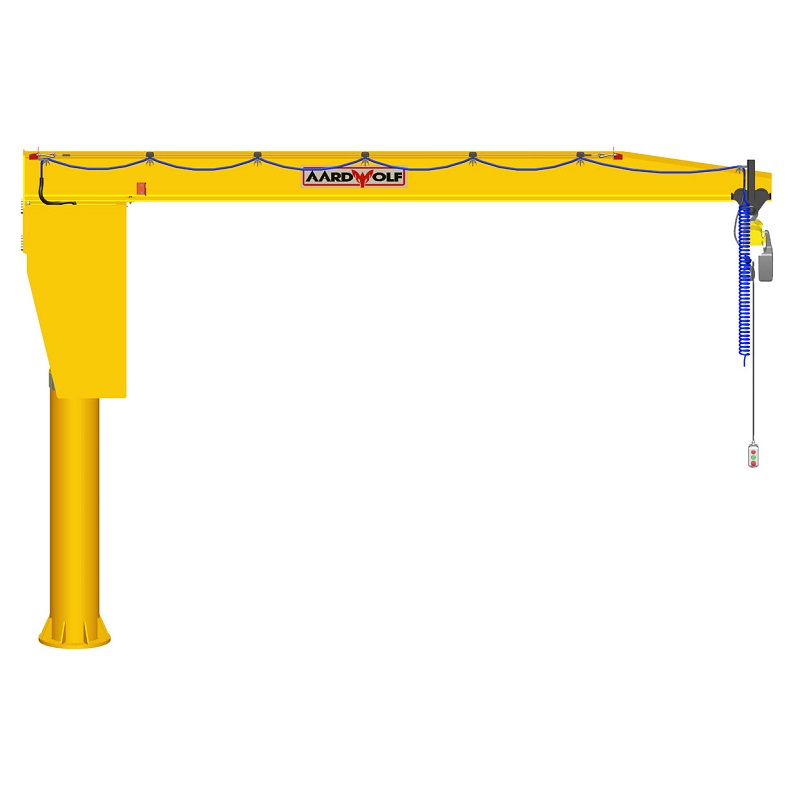


Please log in to leave a comment.